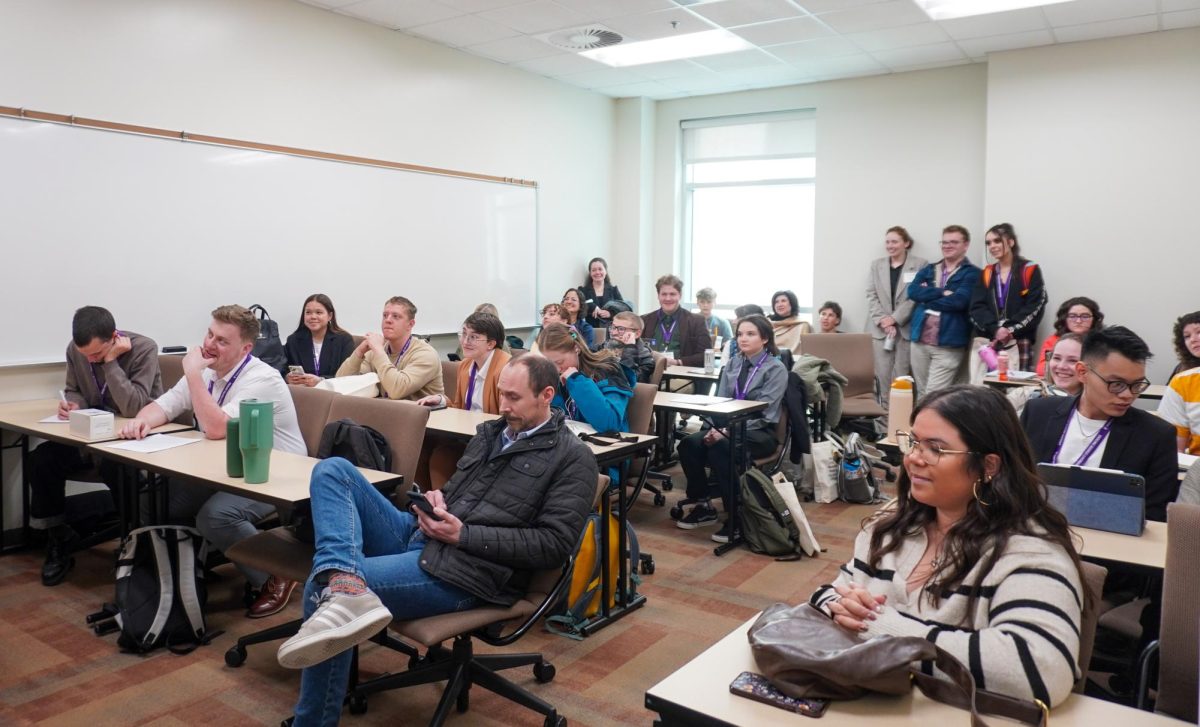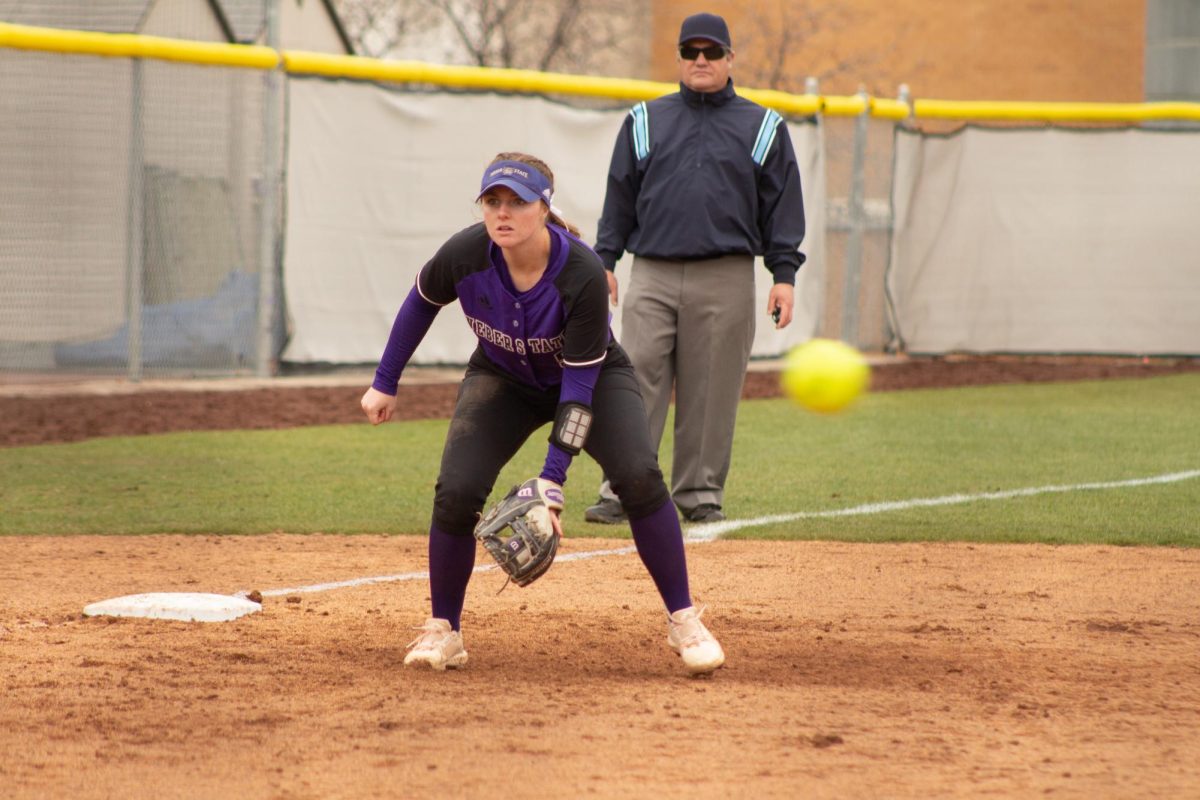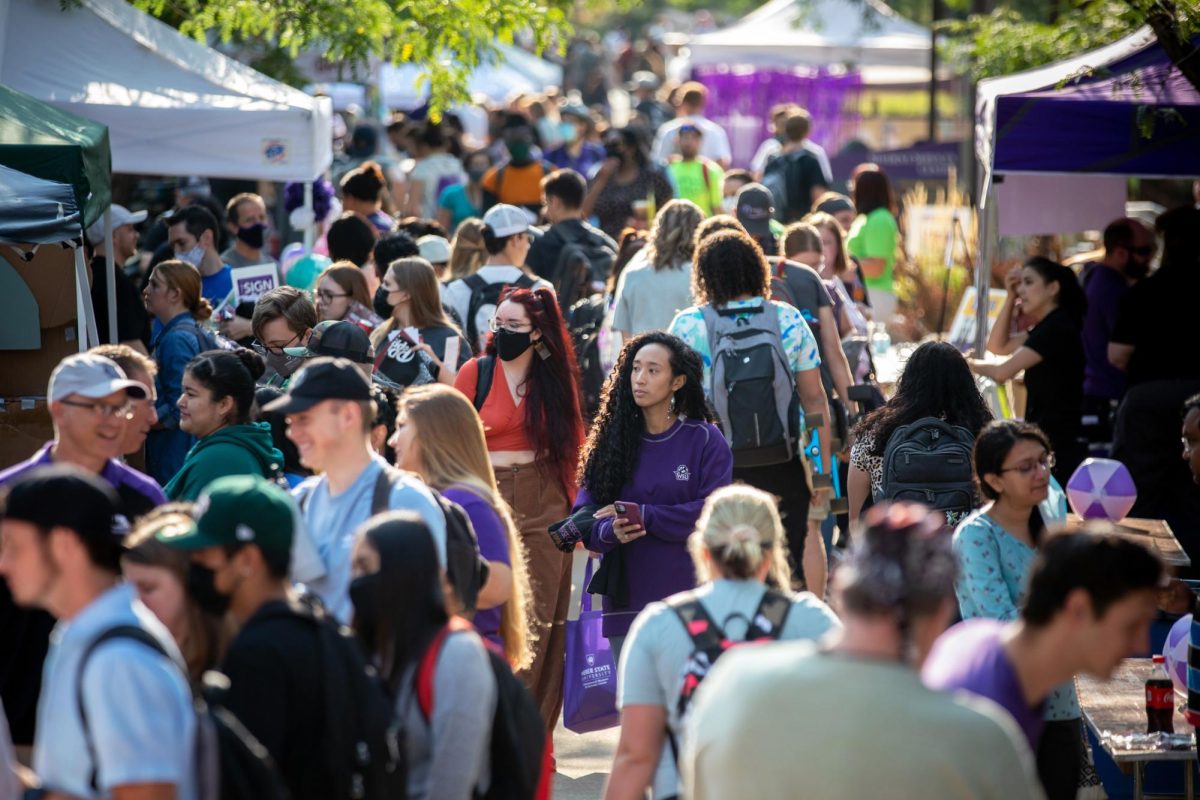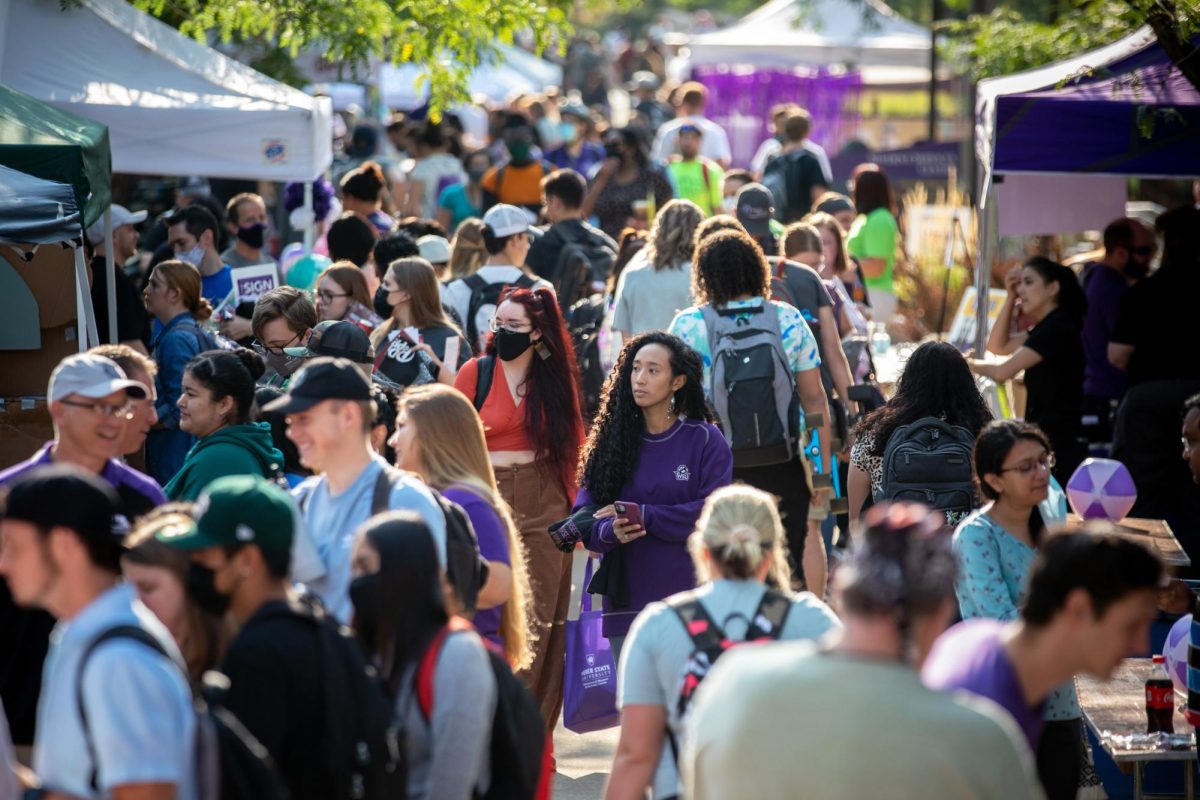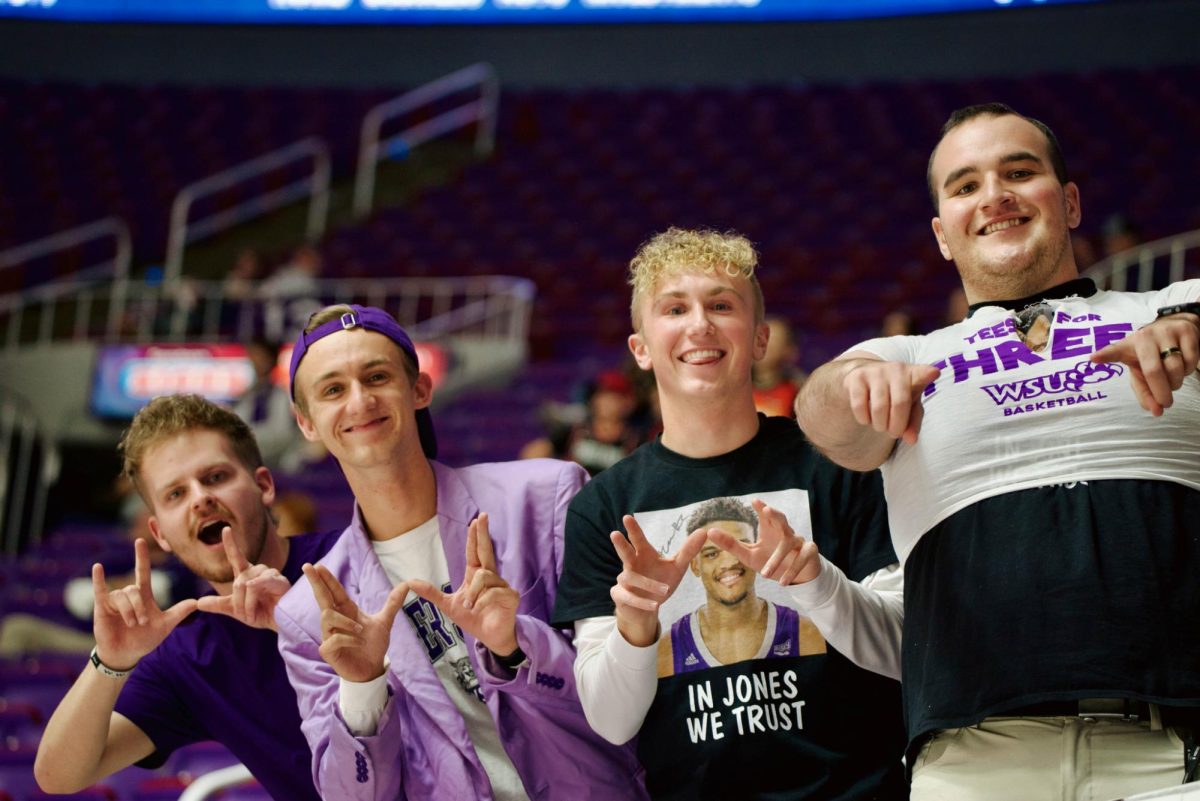
The “Student Commuter” routine gets tedious fast, and, for most of the student body, that routine goes something like this: (A) Get to class. (B) Eat, time permitting. (C) Study. (D) Sleep, time permitting. Repeat. Students at Weber State University all know the drill.
Nearly everywhere on campus there are extracurricular organizations, clubs, teams and activities. As WSU launches into a new semester and a new decade, students can expect to find opportunities that will allow for more involvement on campus: everything from holding a seat in WSU’s student body office to joining a pickleball team. There is no lack of programs and ways for students to get more involved at school; the problem is time.
Cody Sagers, a communications major and operations manager at Studio 76, said, “About a year ago, I was just a commuter student, coming to class at 8 a.m. and leaving campus by 1 p.m. everyday.”
Sagers’ experience isn’t uncommon among the student body, but more student involvement outside the classroom provides those involved opportunities like networking, practicing working with teams, honing leadership skills and getting used to being involved in a work-like/professional atmosphere.
“Honestly, we have something for everyone. We have the traditional sports like football, basketball and dodgeball, but we also do random things,” associate director for campus recreation Morgan Fradley said. ”We just did a Ganga Challenge, and Pickle Ball, Futsol and Ultimate Frisbee are coming up before the end of the semester.”
According to Fradley, students can create their own teams or join other intramural teams. Individuals can sign up as a free agent and be placed on a team, and usually there’s a good mix of students and faculty members who are involved. There is a one-time-per-year payment of $20.
However, Fradley noted that registration for all teams closes on Jan 15. She urges those at WSU who wish to become more involved with campus recreation, without devoting too much time being on a club team or on a full-time WSU Athletics team, to try intramurals.
For those students who have their sights set on student candidacy or holding positions in WSU’s Student Body Office, Sheldon Cheshire, coordinator of Leadership Programs in Student Involvement and Leadership, offered some advice. First, he encourages students to participate in whatever they can on campus. Many departments offer clubs for students tailored to the department’s areas of expertise.
“Every student should reach out to their representative department student senator, have your voice be heard or run for elections to hold student office,” Cheshire said. “We offer the opportunity to help students learn about their own leadership and how they can become a better leader, not only in official capacities, but in un-official capacities as well.”
Cheshire urged that it is essential for all students — just as essential as any other aspect of academia — that being involved with some kind of program, even if they don’t have much time, leads to better preparedness for graduates who are just entering into their career fields.
“Sometimes, we want things to fall into our lap,” Cheshire said. “But when we do just a little digging, we find opportunities.”
Students usually don’t have a lot of time. However, becoming more involved on campus isn’t just joining a sports team or committing many hours to a club. Going to a WSU sports game, stopping in for a club meeting once a month or checking out the student art exhibition can help students feel connected and enrich their college experience.
Then there may come a situation after graduation, in any individual’s professional or non-professional life, when students or alumni can pull from and use something that they were exposed to within the abundant extra-curricular activities and educational experiences WSU has to offer its students.








